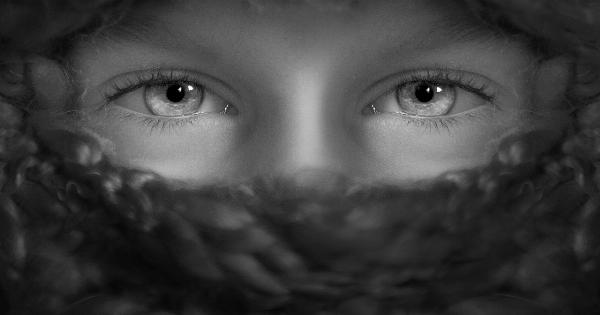Concussions are a type of traumatic brain injury (TBI) that can affect various aspects of a person’s health, including their vision. The symptoms of a concussion may vary depending on the individual, the severity of the injury, and other factors.
In this article, we will discuss the impact of concussion on vision and what individuals should know.
What is a Concussion?
A concussion is a mild form of traumatic brain injury (TBI) that occurs after a direct or indirect hit to the head. Concussion can also result from a fall or any type of injury that shakes the head or neck.
Concussions can range from mild to severe and can affect various aspects of health and well-being. The extent of the injury depends on several factors, including the location of the blow, force of impact, and individual susceptibility to injury.
How Does a Concussion Affect Vision?
Concussions can often impact a person’s vision in several ways. Here are a few examples:.
Blurred Vision
Blurred vision is a common symptom of a concussion. After a concussion, the brain may have difficulty processing visual stimuli, making it difficult for the eyes to focus.
The severity and duration of the blurred vision may vary depending on the severity of the injury. However, it is usually a temporary condition.
Double Vision
Double vision, also known as diplopia, is another common vision problem after a concussion. Double vision occurs when the eyes do not work together as they should. In some cases, double vision can be temporary and resolves on its own.
In other cases, it requires medical intervention to correct.
Light Sensitivity
Many people who suffer from concussions also develop light sensitivity. Light sensitivity occurs when the brain becomes more sensitive to light, making it hard to tolerate bright lights or sunlight. This can cause headaches, nausea, and other symptoms.
Reading and Comprehension Problems
Concussions can also affect a person’s reading and comprehension abilities. They may have difficulty reading or may need to read slower than usual. Concentration and memory problems may also affect their ability to comprehend what they read.
Color Vision Deficits
A person with a concussion may also experience deficits in color vision. They may have difficulty distinguishing between different shades or hues of colors.
When to Seek Medical Help?
If you experience any visual symptoms after a head injury, it is essential to seek medical help immediately. A history of concussion or head injury also increases the risk of concussion in the future.
Therefore, anyone with a history of concussion should seek medical attention if they experience any of the above symptoms.
How is Concussion-Related Vision Loss Diagnosed?
A thorough eye examination is necessary to diagnose concussion-related vision loss. It is essential to see an eye care professional who is trained in the diagnosis and treatment of traumatic brain injury-related vision disorders.
The assessment can include a range of tests to evaluate visual acuity, eye movements, depth perception, and visual processing abilities.
How to Manage Concussion-Related Vision Problems?
Fortunately, many vision problems related to concussion can be managed or resolved. Some treatments or interventions that may be helpful include:.
- Rest
- Prescription eyeglasses or contact lenses
- Vision therapy
- Light filtering eyeglasses or tinted lenses
- Medications, if recommended by a doctor
Conclusion
Concussion-related vision problems can be challenging, but they are often treatable. Prompt diagnosis and treatment of concussion-related vision disorders can help improve visual function and reduce the risk of complications.
If you have suffered a concussion and are experiencing any visual symptoms, it’s crucial to seek medical attention right away.



























